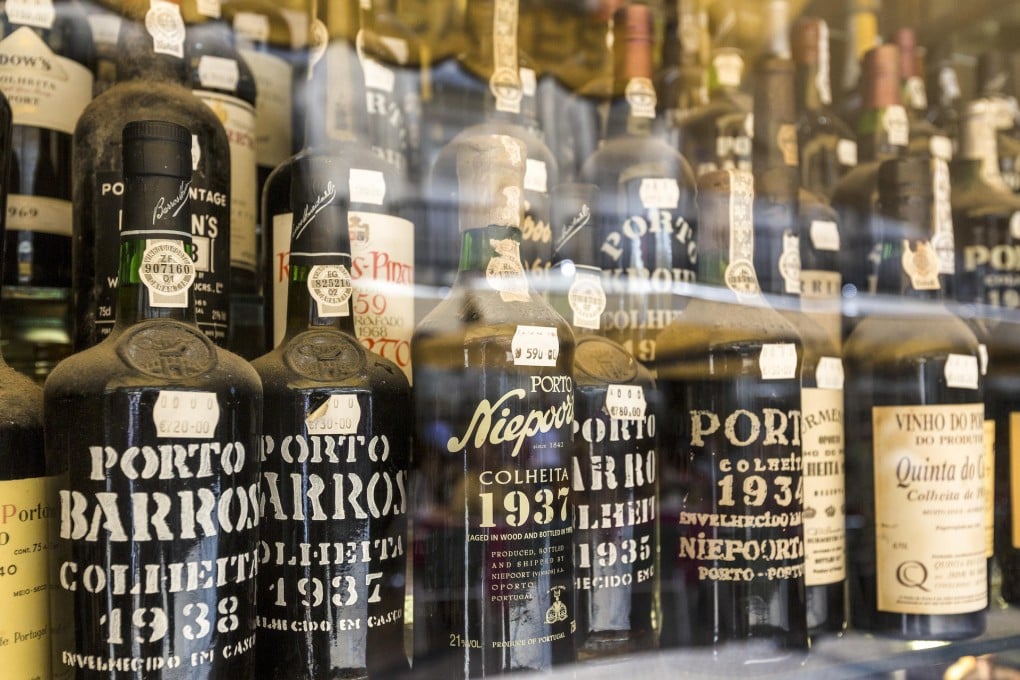Wine Opinion | China is the next port of call for traditional winemakers

Port producers have been celebrating the inauguration of Port Wine Day, on the anniversary of the founding of the Douro appellation - the "mother" of all appellations - in 1756.
"But what brings us here today is not the past," said Manuel Cabral, president of the region's governing body, the Instituto dos Vinhos do Douro e do Porto (IVDP), "it is the future." That future would seem to be in China.
Portugal holds 1 per cent of the China wine market (the same percentage as New Zealand, Germany and Argentina) with France accounting for 42 per cent, according to David Chow,the CEO of Altavis Fine Wines in Shanghai.
China is now the world's number one importer of Bordeaux. The success of this wine region, he says, is because producers entered the market at the top end with the first growths (Lafite, Latour, Margaux, and so on) and created, or reinforced, the image of Bordeaux as being home to the most prestigious names in the wine world.
Chinese government clampdowns on excessive gift-giving (and corruption) have affected the ultra-premium market - which could certainly include vintage port - but Chow believes there is space for it.
He thinks the port industry should leverage its long history and tradition, and communicate the message that it is a product made with traditional methods, and consumed by the elite for centuries.
"The Chinese want to consume status symbols," he says, adding that it is necessary to balance that sense of tradition with modernity, a route that luxury labels such as Louis Vuitton have long followed.

